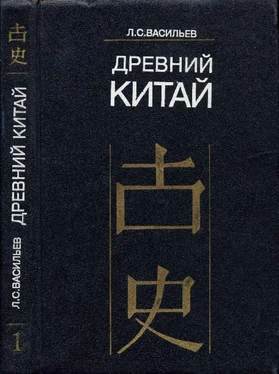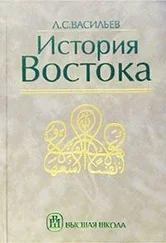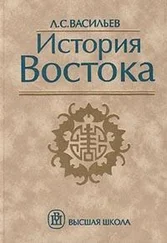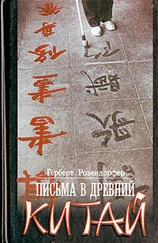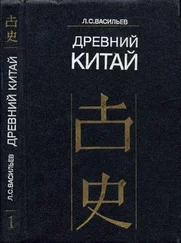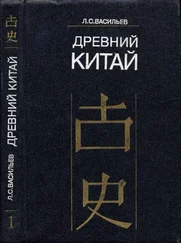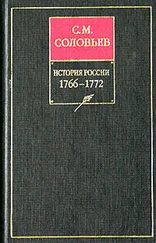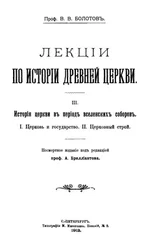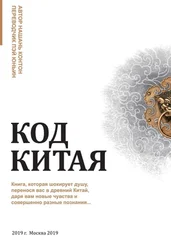First, what leaps to the eye immediately is the practical nature of thought resulting from many centuries of earthly orientation of the Chinese world outlook. Originally, the Chinese were not familiar with religion in any developed form, but they always revered Social Order and highly esteemed Harmony that was associated with it. Accordingly, they saw the ultimate goal of human existence in providing the well-being of ordinary people (which was the raison d'etre of the state), not in the extinguishing of nirvana or in the retreat of paradise. This is the welfare of the living and, naturally, of the deceased.
Second, they revered the authority of the sages of antiquity, who laid down the principles of Social Order and Universal Harmony. They also highly regarded those intelligent and capable, who are able to maintain that order and are therefore worthy to be promoted to the elite (subsequently, a system of competitive exams became the main tool for such promotion).
Third, this is the idea of natural equality of men. Widely accepted since Confucius' time, it became one of his greatest contributions. Chinese hierarchy is a function of that equality. One's worth on the whole corresponds to one's abilities; the more capable is man, the more fully he must exercise his abilities. This idea originates from the notion of Mandate of Heaven (t'ien-ming), from the practice of promoting the intelligent and the capable, though it was Confucius who applied this idea to all people.
Fourth, this is the cult of conservative stability and the readiness, for its sake, to reinterpret the past in accordance with the needs of today. Norm, ritual, ceremonies and seeing the past the way it is supposed to have been safeguard stability. Hence numerous texts full of interpolations and, sometimes, transparent falsifications.
Fifth, the Chinese always strive to measure up to a certain paragon and engage in unflagging pursuit of excellence. The main incentive here is not material gain (though well-being is valued and always follows success) but duty. This is duty to yourself, to your family, to everyone who expects something of you. Work with diligence, if you can, do not be a sluggard, achieve, compete!
Sixth, they have a penchant for mental associations, respecting — nay, worshiping the past, precedent and the word-sign that symbolizes it. This derives from the reverence for antiquity and ensures the above-mentioned inclination to stability. Hence the markedly correlative mentality.
Seventh, they can absorb foreign influences masterfully transforming and reinterpreting them. This mental property is extremely useful, for it enables them to enrich their mind with extraneous ideas without having to sacrifice anything of value in their own legacy. To tell the truth, it has more of vulgar eclecticism than of high-level synthesis. So what? It is the result that matters.
Eighth, they tend to construct classificatory schemata, to systematize ideas and typical situations, to engage in didactical hyperbole. These are all links of the same chain conducive to the training of the mind and to the perfection of thinking. The value of such constant training is indisputable.
Ninth and last (of course many things remain untold but we must keep ourselves within reasonable limits): in China, they most definitely follow their mind, not their heart (i.e., emotions). The ninth item of our list has much to do with the first one, it is another reminder of the fact that the priority of rational thinking is beyond question. Emotions, while they cause no problems for anyone (including the person who experiences them), have a right to exist — they normally find an expression ill literature, art, etc. However, as soon as they begin to contradict the dictates of the mind (which is interpreted very widely, ranging from the wishes of your elders and betters to the necessity to do your duty), they have to make way for reason. You have to subdue them. Any Chinese is accustomed to this. Chinese history, as far as we can judge, knows no instances of suicide on account of the conflict between reason and emotions.
Карта. Китай в период Чжаньго (ок. 350 г. до н. э.)
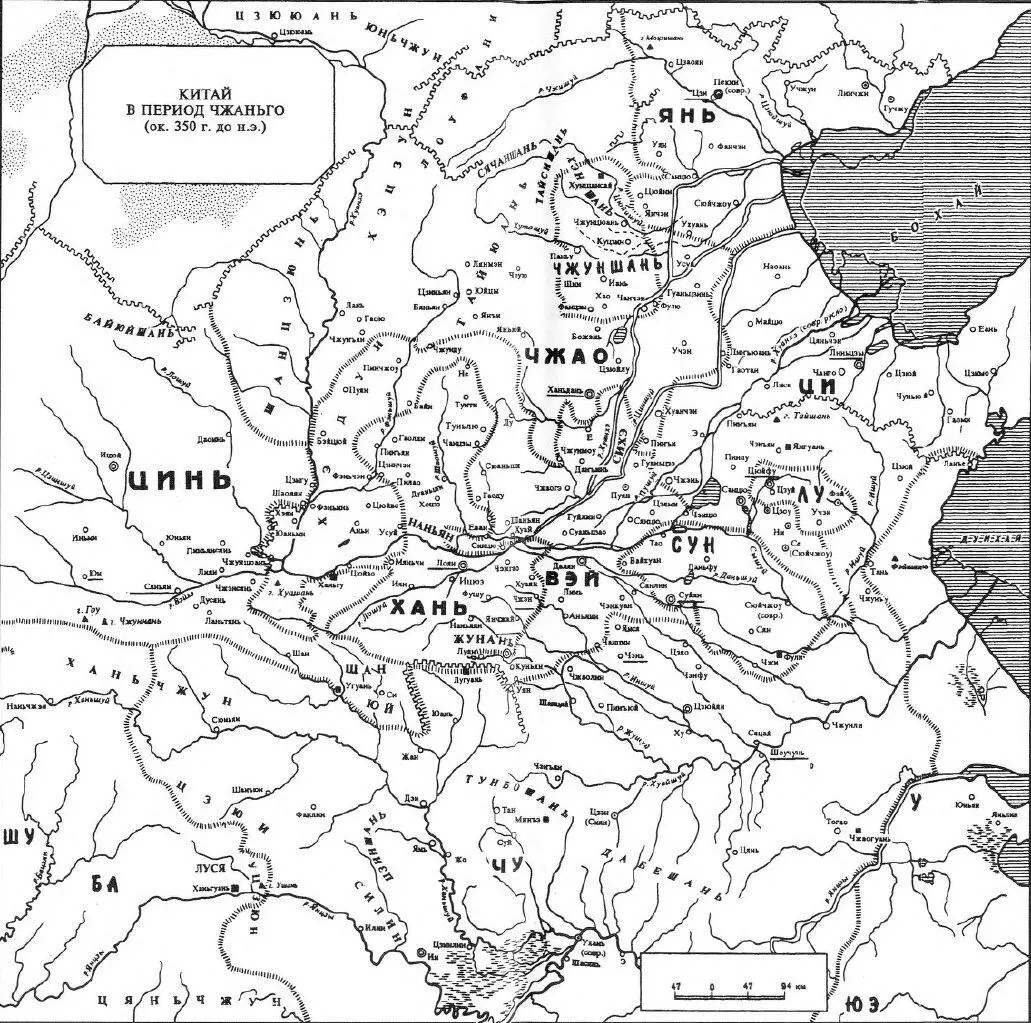
1Что касается осевого времени в Китае, то, строго говоря, его следовало бы разбить на три неравных этапа. Сначала были два очень коротких, но исключительно важных. В начале Чжоу была выработана идеологема небесного мандата, а примерно на рубеже VII–VI вв. до н. э. появилась на свет вторая идеологема — о великих мудрецах древности. Но только с Конфуция начался длительный период осевого времени, отмеченный взрывоподобным увеличением сочинений авторского характера с оригинальными идеями.
2Полный перевод труда Сыма Цяня существует пока лишь на японском языке [Та-кигава, 1956]. На французском впервые издал пять томов его сочинения еще около века назад Эд. Шаванн [Chavannes, 1906] (шестой том был издан много лет спустя, в 1969 г.). Семь томов на русском языке издал в 1972–1996 гг. Р.В. Вяткин, некоторые из них в соавторстве. Восьмой, предпоследний том вышел уже после смерти переводчика, в 2002 г., а судьба девятого пока неясна.
1В этой справке, к сожалению, допущена некоторая неточность. В частности, аннексия царства Чжэн была датирована концом V в. до н. э., хотя, по данным 42-й главы Сыма Цяня, присоединение Чжэн к царству Хань произошло в 388 г. до н. э. [Вяткин, т. VI, с. 43]. Правда, в 3-й главе второго тома на с. 256 указана точная дата — 388 год до н. э. Судя по сообщениям других глав труда Сыма Цяня, а также хроники «Чжушу цзинянь», царство Чжэн, пусть в заметно урезанном виде, продолжало существовать и много позже, практически до середины III в. до н. э.
2Хроника «Чжушу цзинянь» создавалась явно не в домене сына Неба и не его историографами. Скорее всего, она велась историографами царства Цзинь, а после его гибели — царства Вэй (Большого Вэй), одной из трех частей, на которые распалось Цзинь.
3Даты в переводе на современную систему летосчисления даны по хронологическим таблицам, гл. 14 и 15 [Вяткин, т. III, с. 228 и 232–242]. В 4-й главе русского перевода цифры иногда несколько иные [Вяткин, т. I, с. 208–209].
Читать дальше
